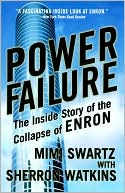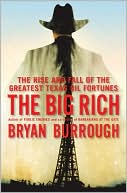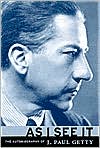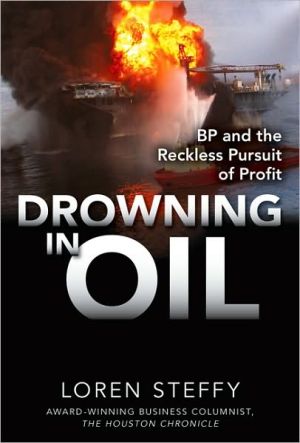Power Failure: The Inside Story of the Collapse of Enron
Search in google:
"Written by journalist Mimi Swartz, and substantially based on the never-before-published revelations of former Enron vice president Sherron Watkins, as well as hundreds of other interviews, Power Failure shows the human face beyond the greed, arrogance, and raw ambition that fueled the company's meteoric rise in the late 1990s. At the dawn of the new century, Ken Lay's and Jeff Skilling's faces graced the covers of business magazines, and Enron's money oiled the political machinery behind George W. Bush's election campaign. But as Wall Street analysts sang Enron's praises, and its stock spiraled dizzyingly into the stratosphere, the company's leaders were madly scrambling to manufacture illusory profits, hide its ballooning debt, and bully Wall Street into buying its fictional accounting and off-balance-sheet investment vehicles. The story of Enron's fall is a morality tale writ large, performed on a stage with an unforgettable array of props and side plots, from parking lots overflowing with Boxsters and BMWs to hot-house office affairs and executive tantrums." Among the cast of characters Mimi Swartz and Sherron Watkins observe with shrewd Texas eyes and an insider's perspectives are: CEO Ken Lay, Enron's "outside face," who was more interested in playing diplomat and paving the road to a political career than in managing Enron's high-testosterone, anything-goes culture; Jeff Skilling, the mastermind behind Enron's mercenary trading culture, who transformed himself from a nerdy executive into the personification of millennial cool; Rebecca Mark, the savvy and seductive head of Enron's international division, who was Skilling's sole rival to take over the company; and Andy Fastow, whose childish pranks early in his career gave way to something far more destructive. Desperate to be a player in Enron's deal-making, trader-oriented culture, Fastow transformed Enron's finance department into a "profit center," creating a honeycomb of financial entities to bolster The Washington Post According to Power Failure, a compelling history of Enron by journalist Mimi Swartz and the company's noted "whistleblower," Sherron Watkins, only one man liked the concept when Skilling presented it to Enron officials — chief executive Kenneth Lay, who signaled his assent to Skilling in two words: "Let's go." Thus America's energy-trading industry was born, along with Enron's image as the country's most innovative company. Even today, with Enron a byword for corporate malfeasance, the company still retains a veneer of that pioneering image. But as Power Failure makes clear, the Gas Bank was virtually the only good business idea Skilling or anyone else at Enron ever had. Worse, gas trading became less lucrative for Enron after other firms started doing it — causing executives to search, frantically and unsuccessfully, for new ways to increase profits. — Peter Dizikes








